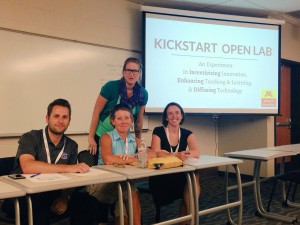Zan Gao, Ph.D., assistant professor and director of Physical Activity Epidemiology Laboratory, recently published a review article titled, “A meta-analysis of active video games on health outcomes among children and adolescents” as the first author in the Obesity Review. Graduate research assistant Zachary Pope also serves as the co-author for this review paper.
The purpose of 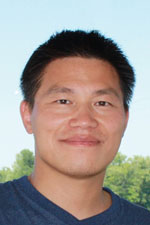 the review article was to synthesize current literature concerning effects of active video games on children/adolescents’ health-related outcomes. It was found that active video games could yield equivalent health benefits to children/adolescents as laboratory-based exercise or field-based physical activity. Therefore, active video games can be a good alternative for sedentary behavior and addition to traditional physical activity and sports in children/adolescent. Obesity Reviews is a monthly journal publishing reviews on all disciplines related to obesity and its comorbidities. It has an impact Factor of 7.995 and ranks 9 out of 128 journals in Endocrinology & Metabolism.
the review article was to synthesize current literature concerning effects of active video games on children/adolescents’ health-related outcomes. It was found that active video games could yield equivalent health benefits to children/adolescents as laboratory-based exercise or field-based physical activity. Therefore, active video games can be a good alternative for sedentary behavior and addition to traditional physical activity and sports in children/adolescent. Obesity Reviews is a monthly journal publishing reviews on all disciplines related to obesity and its comorbidities. It has an impact Factor of 7.995 and ranks 9 out of 128 journals in Endocrinology & Metabolism.
The full citation is: Gao, Z., Chen, S., Pasco, D., & Pope, Z. (205). A meta-analysis of active video games on health outcomes among children and adolescents. Obesity Reviews, 16(9), 783-794. DOI: 10.1111/obr.12287

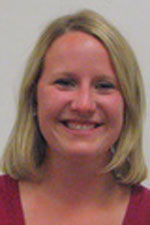
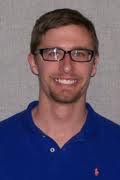
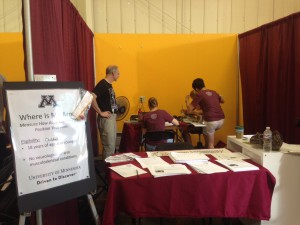 by the
by the 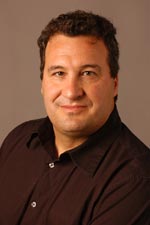 in the
in the 

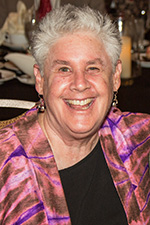

 ral researcher in the
ral researcher in the 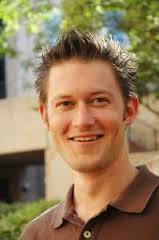
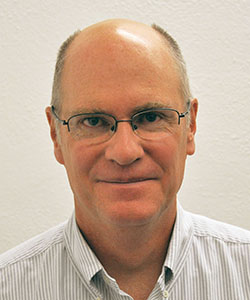
 Sport Management conference
Sport Management conference 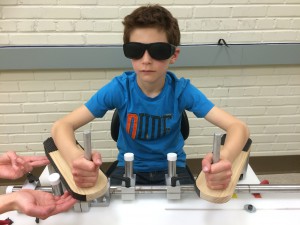 ability to sense the position of one’s body and limbs develops during childhood. Specifically, researchers will measure forearm position sense using a device in which the child will try to match the specific arm position of one arm with the other arm.
ability to sense the position of one’s body and limbs develops during childhood. Specifically, researchers will measure forearm position sense using a device in which the child will try to match the specific arm position of one arm with the other arm.
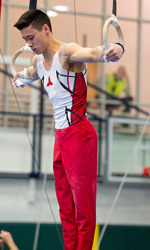 Justin Karstadt, an undergraduate student in the
Justin Karstadt, an undergraduate student in the 

